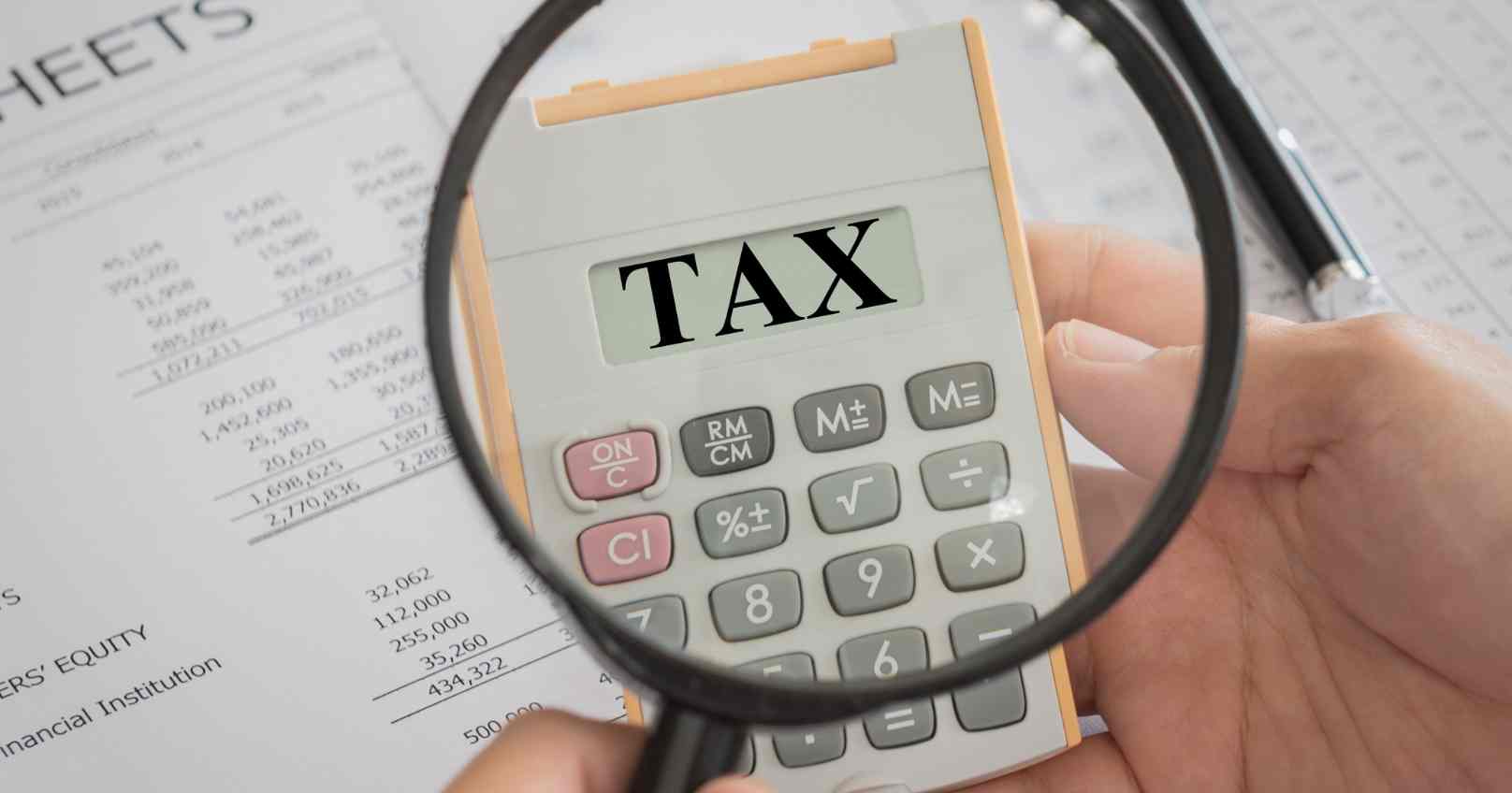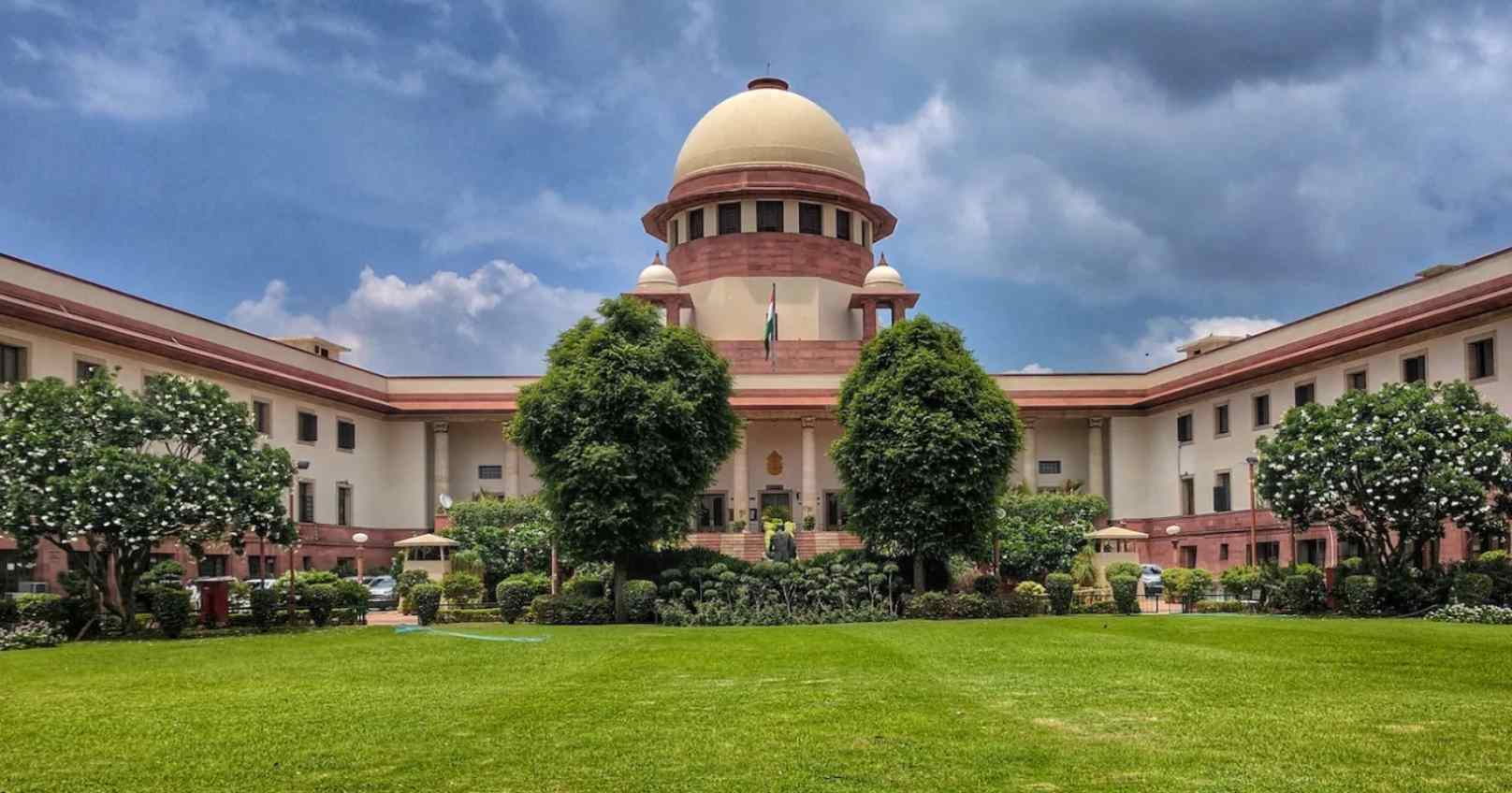I read a superb piece of humour many years ago, where a husband, frustrated while working on his tax statement told his wife, "I think, we ought to give our income to the Government. They will give back what they think fit." Well, the joke is on the tax-paying citizens.
It was announced on the floor of the Parliament house that the Government wanted to simplify the tax statute. Then came the Big Bang. Perhaps in the name of the much touted simplification, It was announced that tax authorities will have access to email servers, online investment accounts, trading and bank accounts, social media accounts and digital application servers of taxpayers under the new Income Tax Bill, in a search.
It may come as a veritable surprise to the Authorities, that in the details available with them, there is Form 26AS, and there is the Annual Information Statement, which provide them with all relevant information.
What is that, for the uninitiated? As per the portal of the Income Tax Department itself, - Annual Information Statement (AIS) is comprehensive view of information for a taxpayer displayed in Form 26AS. Taxpayer can provide feedback on information displayed in AIS. AIS shows both reported value and modified value (i.e. value after considering taxpayer feedback) under each section (i.e. TDS, SFT, Other information).
The objectives of AIS are: it displays complete information to the taxpayer with a facility to capture online feedback, promotes voluntary compliance and enable seamless pre-filling of return, deters non-compliance.
The portal also explains the difference between form 26AS and AIS. It says - AIS is the extension of Form 26AS. Form 26AS displays details of property purchases, high-value investments, and TDS/TCS transactions carried out during the financial year. AIS additionally includes savings account interest, dividend, rent received, purchase and sale transactions of securities/immovable properties, foreign remittances, interest on deposits, GST turnover etc.
It is evident that with these two forms, the Income Tax authorities have everything they need to tax the tax-paying citizenry. It is a veritable cornucopia of information.
What is surprising is that with all the information available to the authorities at the click of a mouse, the bill stipulates that; According to the new Income Tax Bill, 2025, tax authorities during a search will be able to access taxpayers’ email servers, online investment accounts, trading and bank accounts, social media accounts and digital application servers, among other things. But, under the new bill, taxpayers on whom a search is being conducted by the tax authorities would have to provide access to their electronic records and “virtual digital space”.
The above information, as mentioned, is already available with the authorities.
The Right to Privacy as has been recognised by the judgment of the Supreme Court in Justice K.S Puttaswami v. Union of India, stated that the right to Privacy is an inherent right, firmly entrenched in our Constitution. It is, in my opinion, one of the most basic rights to be preserved and a difficult one to be argued before the Court's. But when the Court's arrive at a conclusion as to breach of the right, they would certainly, uphold the Right to Privacy.
The Finance Bill, especially with this inclusion of requirement to produce electronic devices and virtual digital space records, even though all the information is practically available with the authorities in Form 26AS and the AIS, appears, prima facie, to be a breach of the Right to Privacy, if finally included in the new statute, and is, I believe, open to a very serious challenge before the Court's.
Citizens are already living in a Glass House. A modicum of privacy is yet retained. And it is extremely valuable. What more is needed now?
George Orwell's 1949 classic '1984' is now here.
- Satyajeet A. Desai, Senior Advocate, High Court of Gujarat.







